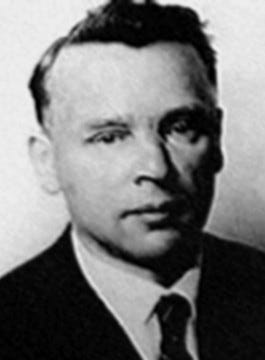Theodor Haecker, Journal in the Night (Pantheon, 1950, tr. Dru), p. 29:
Many a man thinks to satisfy the great virtue of moderation by using all his shrewdness and bringing all his experience to bear upon limiting his pleasure to his capacity for pleasure. But simply by the fact of setting enjoyment as the end, he has radically violated the virtue.
A penetrating observation. What is the end or goal of moderation? Haecker is rejecting the notion that the purpose of moderation, conceived as a virtue, is to maximize the intensity and duration of pleasure. Of course, moderation can be used for that end — but then it ceases to be a virtue.
If I am immoderate in my use of alcohol and drugs, for example, I will destroy my body, and with it my capacity for pleasure. So I must limit my pleasure so as not to injure my capacity for pleasure. And the same holds for lack of moderation in eating and sexual indulgence. Table utensils are not for grave-digging. The sex monkey can kill you if you let him run loose. And even if one's lack of moderation does not lead to an early death, it can eventuate in a jadedness at odds with enjoyment.
So moderation can be recommended on merely hedonistic grounds. The true hedonist must of necessity be a man of moderation. If so, then the ill-starred John Belushi, who took the 'speedball' (heroin + cocaine) express to Kingdom Come, did not even succeed at being a very good hedonist. The same goes for Jeffery Epstein (1953-2019) of more recent memory. Examples are easily multiplied beyond necessity.
If enjoyment is the end of moderation, however, then moderation as a virtue is at an end. Haecker, however, does not tell us what the end of moderation as a virtue is. He would presumably not disagree with the claim that the goal of moderation as a virtue is a freedom from pleasure and pain that allows one to pursue higher goods. He who is enslaved to his lusts is simply not free to pursue a truer and higher life.
RELATED:
Theodor Haecker on the Teaching of Latin and Greek
The following is from Theodor Haecker's Tag-und Nachtbücher 1939-1945, translated into English by Alexander Dru as Journal in the Night (Pantheon Books, 1950), pp. 114-115.) I have made a couple of corrections in the translation. The following entry was written in 1940 in Hitler's Germany. The National Socialists seized power in 1933 and their 'one thou…
The Worst Thing about Poverty
Theodor Haecker, Journal in the Night (Pantheon, 1950, tr. Dru), p. 38, written in 1940: 155. The worst of poverty — today at any rate — the most galling and the most difficult thing to bear, is that it makes it almost impossible to be alone. Neither at work, nor at rest, neither abroad nor at home, neither waking nor sleeping, neither in health, nor — w…



